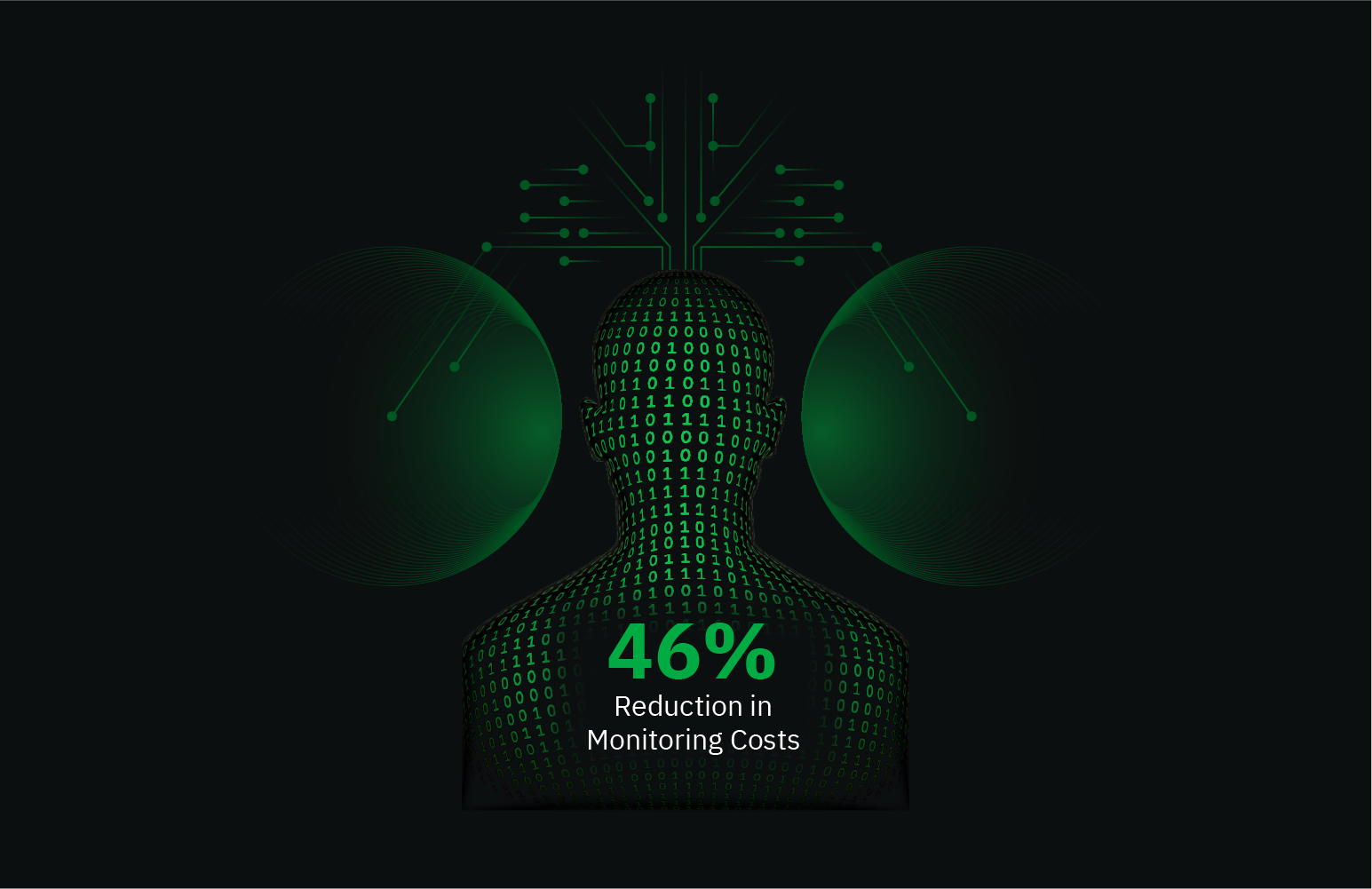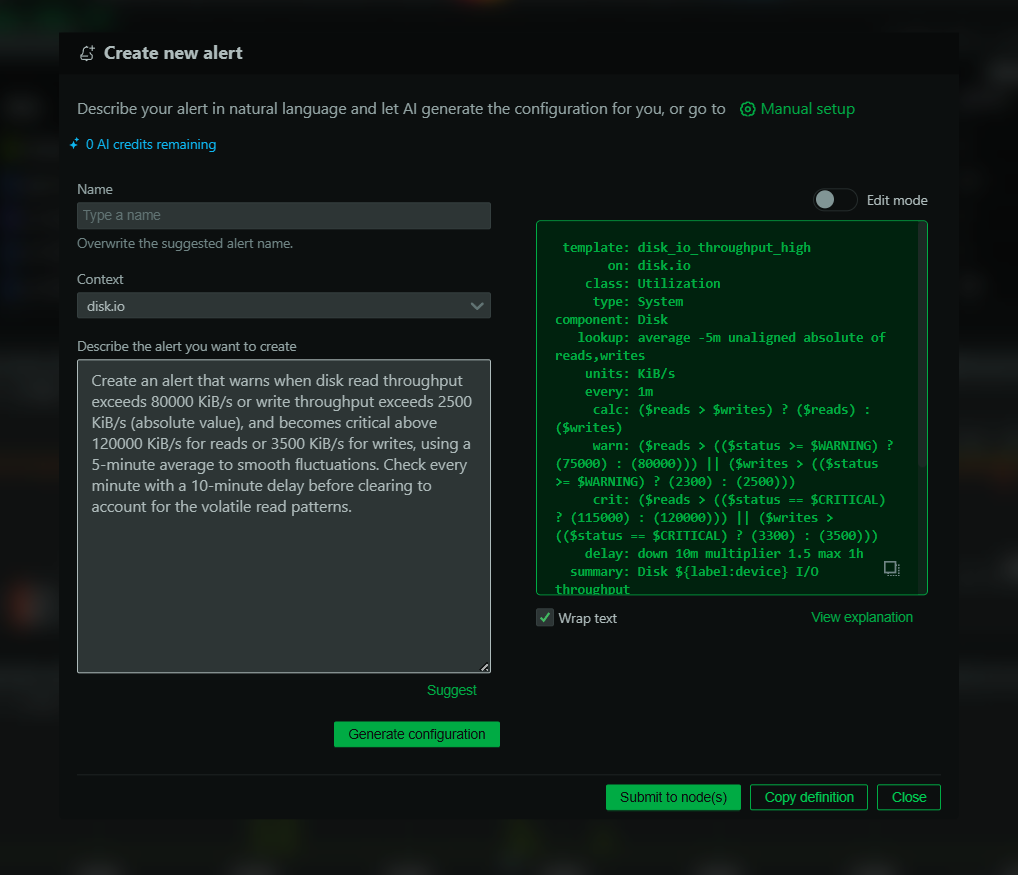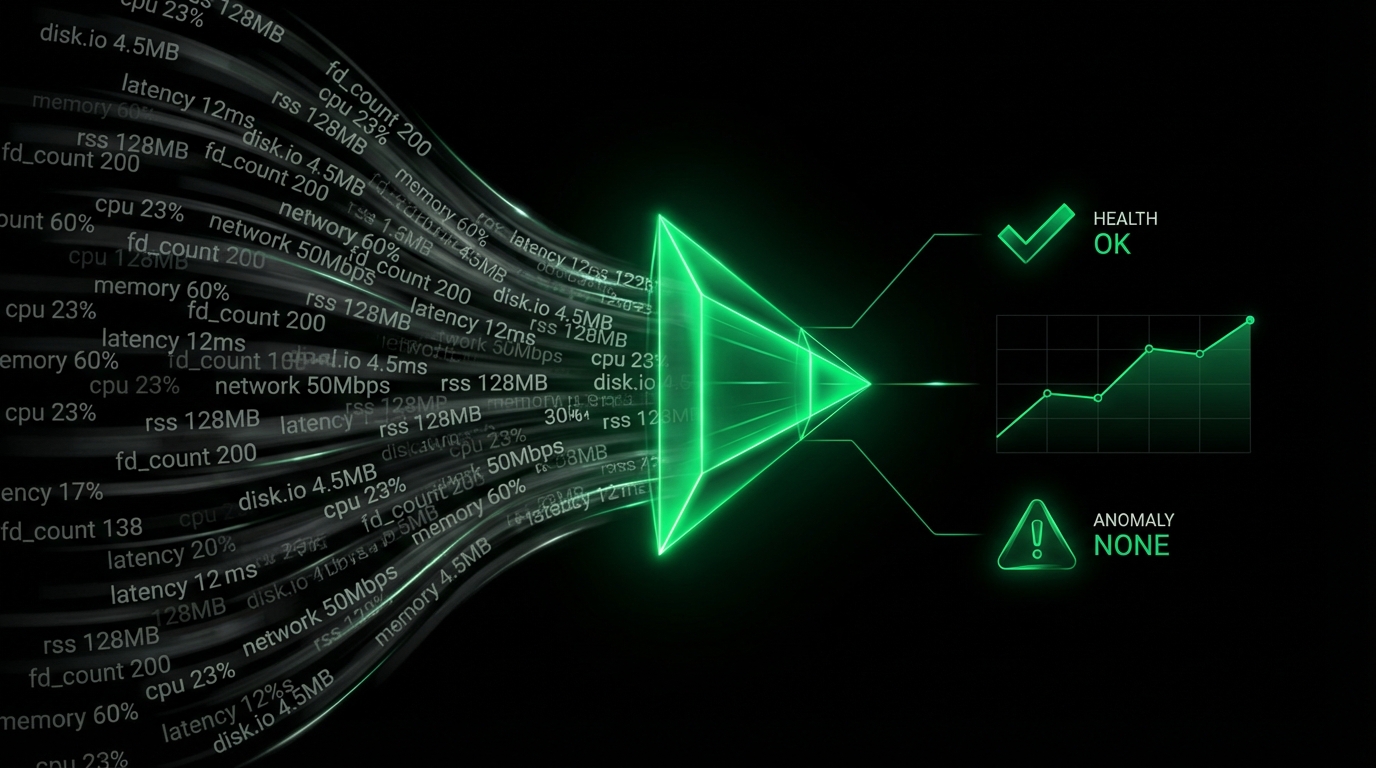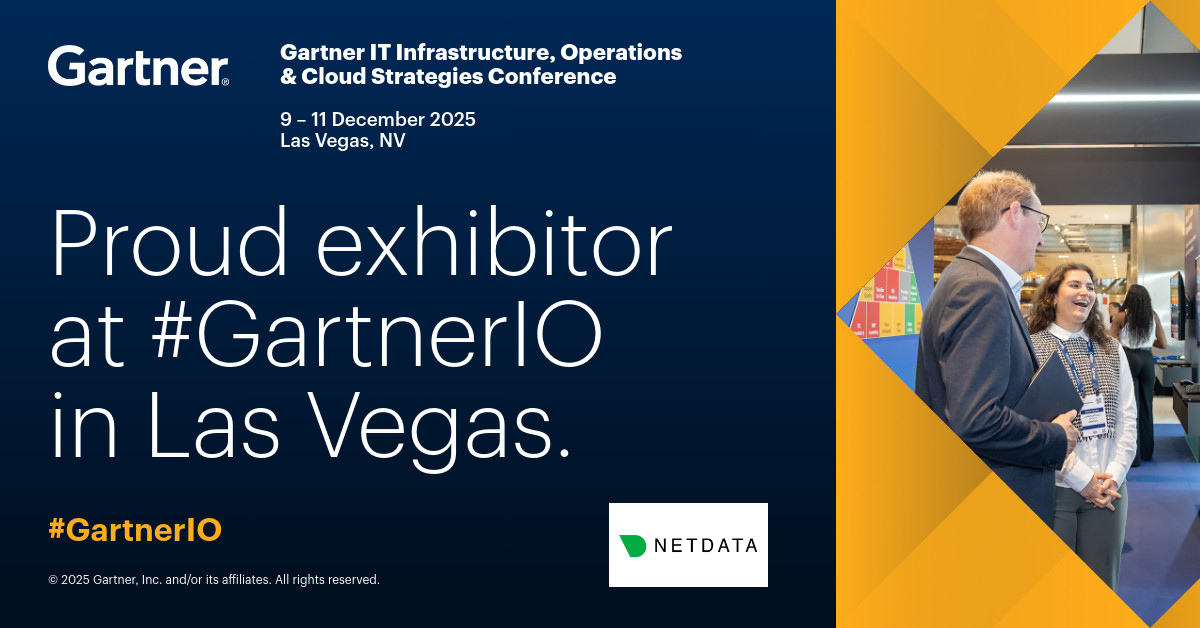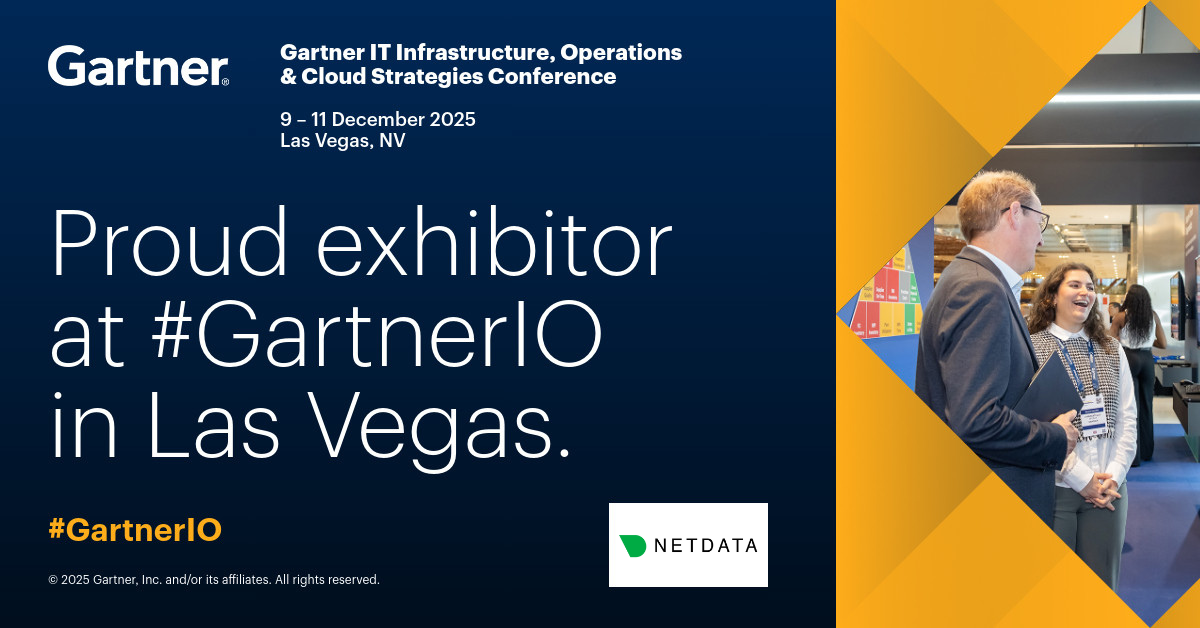See Every Second of Your Infrastructure’s Pulse
While Mezmo processes logs with 10-30 minute delays, Netdata delivers per-second infrastructure visibility with zero configuration. Get complete observability - metrics, logs, and AI-powered insights - without pipeline complexity or memory leaks.





